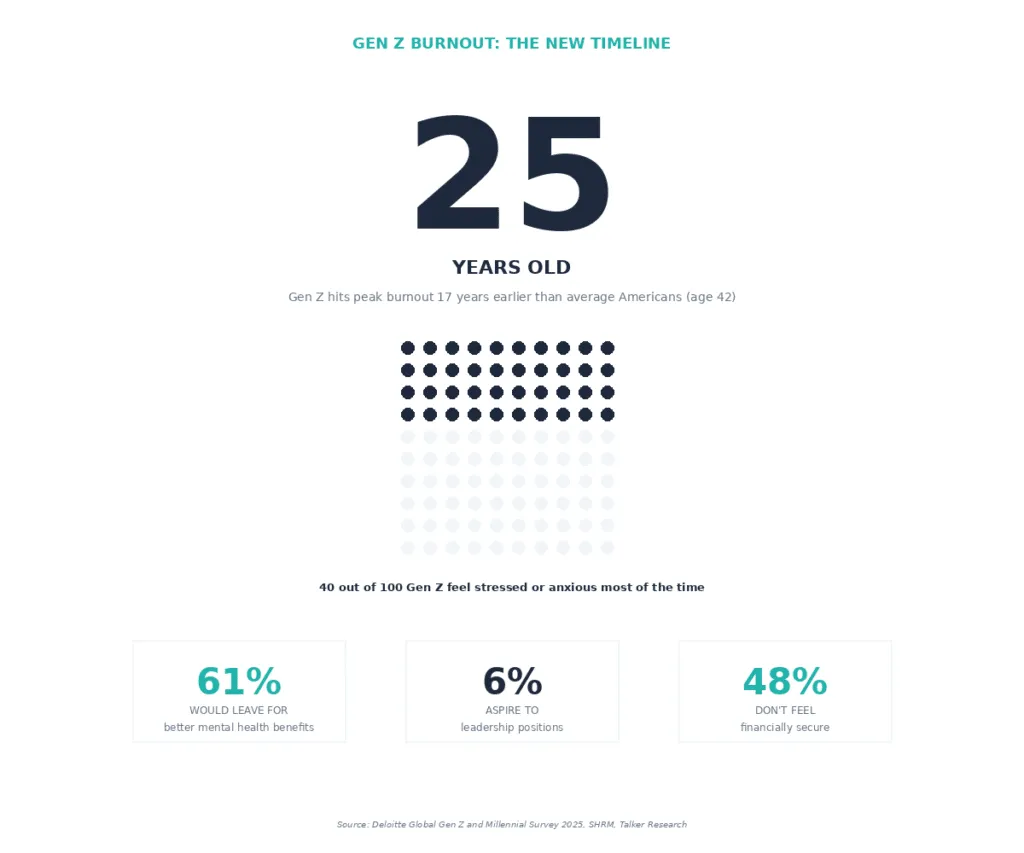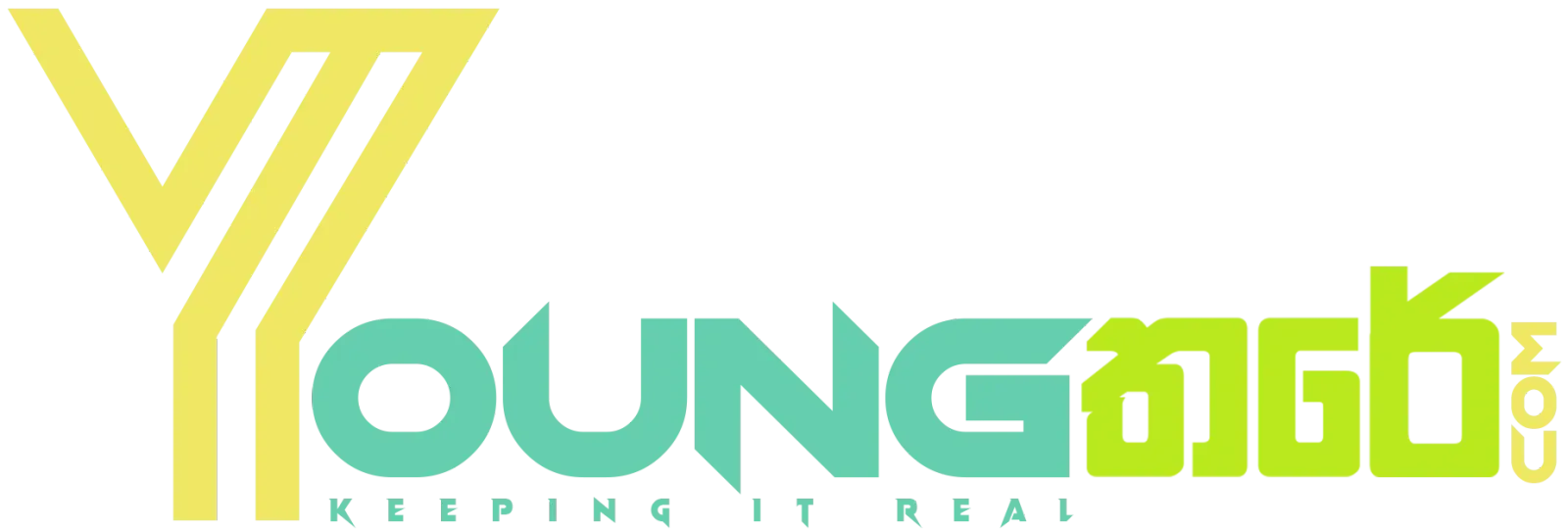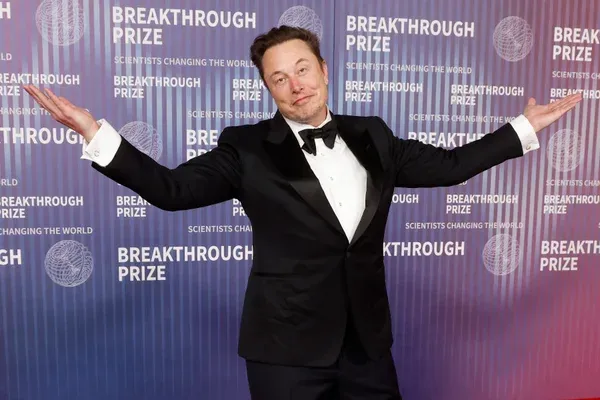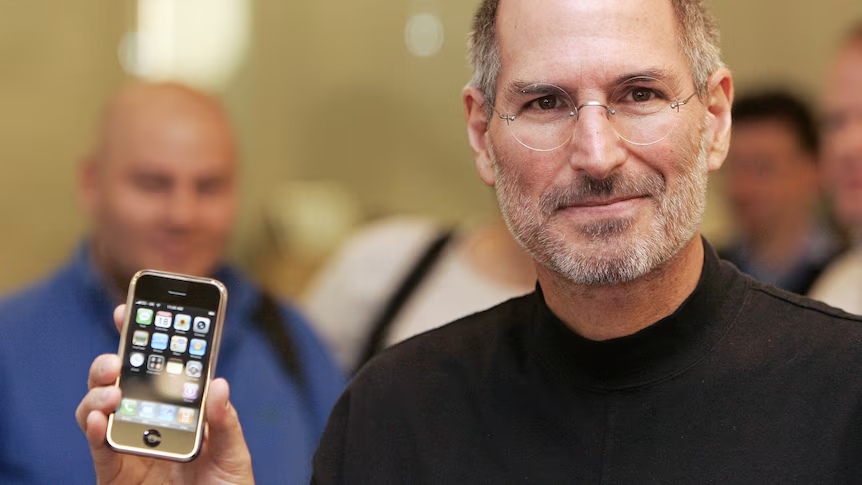For Gen Z and millennials, exhaustion isn’t just physical. It’s emotional. It’s digital. It’s systemic. And yet, when we pause, we’re called lazy. When we disconnect, we’re seen as disengaged. When we say “I’m tired,” we’re told to “try harder.” We live in a world that never switches off. Notifications buzz before sunrise. Deadlines blur into dinner. And somehow, we’re expected to glow, grind, and grow all at once.
But here’s the truth: we’re not lazy. We’re overstimulated, overcommitted, and emotionally overloaded.
This isn’t a personal failure. It’s a generational reality.
The Myth of Laziness
Let’s start by dismantling the myth. Laziness implies a lack of effort, motivation, or care. But most young adults today are juggling multiple roles student, employee, caregiver, creator, activist. We’re navigating economic instability, climate anxiety, social pressure, and digital overload. That’s not laziness. That’s survival.
In fact, many of us are so driven that we ignore our own limits. We push through burnout. We glamorize hustle. We treat rest like a reward instead of a right.
And when our bodies finally say “enough,” we feel guilty. We call ourselves lazy. We spiral.
Emotional Exhaustion: What It Really Looks Like
Emotional exhaustion isn’t just feeling tired. It’s a deep, chronic depletion of mental and emotional energy. It shows up in ways we don’t always recognize:
- You wake up tired, even after sleeping.
- You struggle to make simple decisions.
- You feel disconnected from things you used to enjoy.
- You procrastinate not because you don’t care, but because you’re overwhelmed.
- You feel guilty for resting, but can’t find the energy to keep going.

This isn’t about willpower. It’s about capacity. And when your emotional bandwidth is maxed out, even basic tasks feel impossible.
The Role of Digital Overload
Let’s talk screens.
We’re constantly consuming news, reels, texts, emails, updates. Our brains are processing more information in a day than previous generations did in a week. And most of it is emotionally charged: crisis headlines, curated perfection, comparison traps.
This level of stimulation rewires our nervous system. It keeps us in a state of alertness, even when we’re trying to rest. It blurs the line between work and life, urgency and importance, connection and performance.
And it’s exhausting.
The Mental Load We Don’t Talk About
Beyond the visible tasks, there’s the invisible labor:
- Managing relationships
- Navigating identity
- Planning for an uncertain future
- Processing trauma
- Advocating for change
- Trying to stay emotionally available while being mentally drained

This mental load is heavy. And it’s rarely acknowledged.
For many Gen Z and millennial women, especially in South Asia, this includes cultural expectations, caregiving roles, and emotional labor that goes unnoticed but never unfelt.
What You Can Do (Without Burning Out More)
So how do we respond? Not with more hustle. Not with toxic positivity. But with clarity, boundaries, and care.
Here are six gentle, actionable shifts:
- Name it.
Say “I’m emotionally exhausted.” Naming it removes shame and opens space for healing. - Simplify your inputs.
Reduce screen time. Mute unnecessary notifications. Curate what you consume. - Protect your boundaries.
Say no without guilt. Rest without apology. Your energy is finite, guard it. - Reconnect offline.
Talk to someone. Walk outside. Journal. Your nervous system needs real-world softness. - Celebrate small wins.
Got out of bed? That’s a win. Replied to one email? Win. Progress isn’t always loud. - Seek support.
Therapy, community, mentorship whatever helps you feel seen and safe.
You’re Not Falling Behind. You’re Healing. Healing isn’t linear. It’s messy, slow, and often invisible. But it’s still progress. If you’re tired all the time, it doesn’t mean you’re failing. It means you’ve been carrying too much for too long. And now, your body and mind are asking for care.
So listen, Pause! Breathe….!
You’re not lazy. You’re human.
Read the related article:







